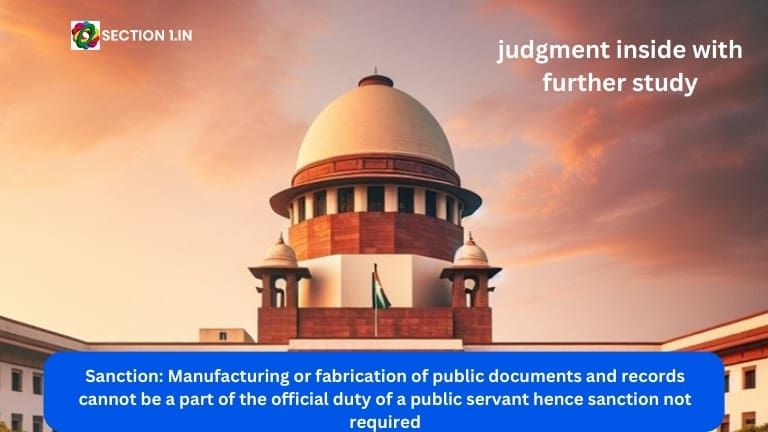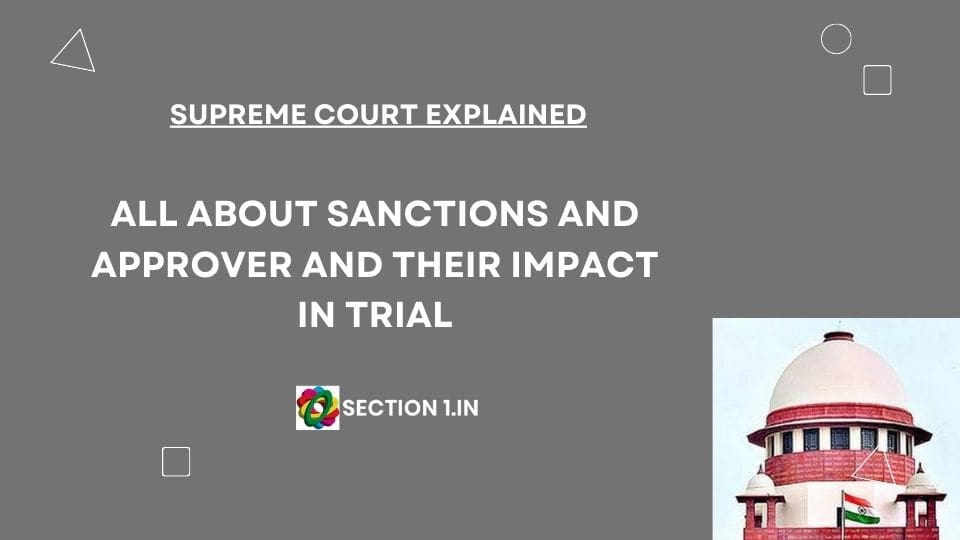The question of law sought to be raised in the appeals is as to whether prior sanction for prosecution qua allegation of corruption in respect of a public servants is required before setting in motion even the investigative process under Section 156(3) of the Code of Criminal Procedure, 1973 (hereinafter referred to as the ‘Cr.P.C.’)?
33. We have examined the rival contentions and do find a divergence of opinion, which ought to be settled by a larger Bench. There is no doubt that even at the stage of 156(3), while directing an investigation, there has to be an application of mind by the Magistrate. Thus, it may not be an acceptable proposition to contend that there would be some consequences to follow were the Magistrate to act in a mechanical and mindless manner. That cannot be the test.
34. The catena of judgments on the issue as to the scope and power of direction by a Magistrate under Chapters 12 & 14 is well established. Thus, the question would be whether in cases of the P.C. Act, a different import has to be read qua the power to be exercised under Section 156(3) of the Cr.P.C., i.e., can it be said that on account of Section 19(1) of the P.C. Act, the scope of inquiry under Section 156(3) of the Cr.P.C. can be said to be one of taking ‘cognizance’ thereby requiring the prior sanction in case of a public servant? It is trite to say that prior sanction to prosecute a public servant for offences under the P.C. Act is a provision contained under Chapter 14 of the Cr.P.C. . Thus, whether such a purport can be imported into Chapter 12 of the Cr.P.C. while directing an investigation under Section 156(3) of the Cr.P.C., merely because a public servant would be involved, would beg an answer.
35. The apprehension expressed by the learned ASG possibly arises from the observations in Suresh Chand Jain v. State of Madhya Pradesh26 followed in Mohd. Yousuf v. Afaq Jahan27. Thus, the observations are to the effect that even at a pre-cognizance stage under Section 156(3) of the Cr.P.C., it is open to the Magistrate to direct the police to register an FIR and that even if the Magistrate does not say in so many words while directing investigation under Section 156(3) of the Code that an FIR should be registered, it is the duty of the officer in charge of the police station to register the FIR regarding the cognizable offence disclosed by the complainant because that police officer could take further steps contemplated in Chapter XII of the Code only thereafter.
36. The complete controversy referred to aforesaid and the conundrum arising in respect of the interplay of the P.C. Act offences read with the Cr.P.C. is, thus, required to be settled by a larger Bench.
37. The papers may be placed before Hon’ble the Chief Justice of India for being placed before a Bench of appropriate strength.
PARTY: MANJU SURANA vs. SUNIL ARORA & ORS – CRIMINAL APPEAL NO. 457 OF 2018 – March 27, 2018.
URL:Download
Files : manju sharma case






